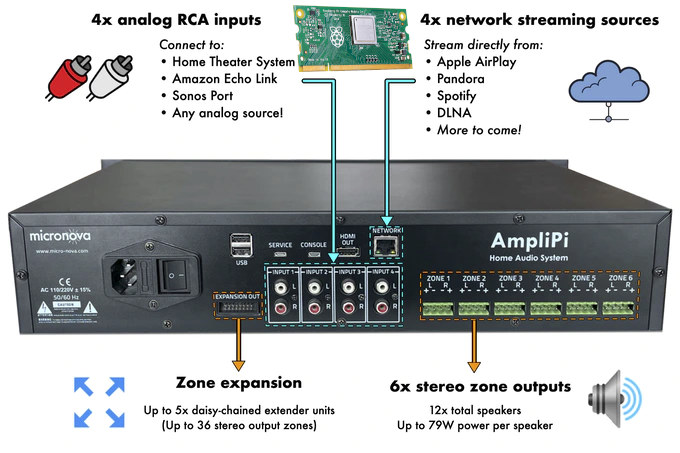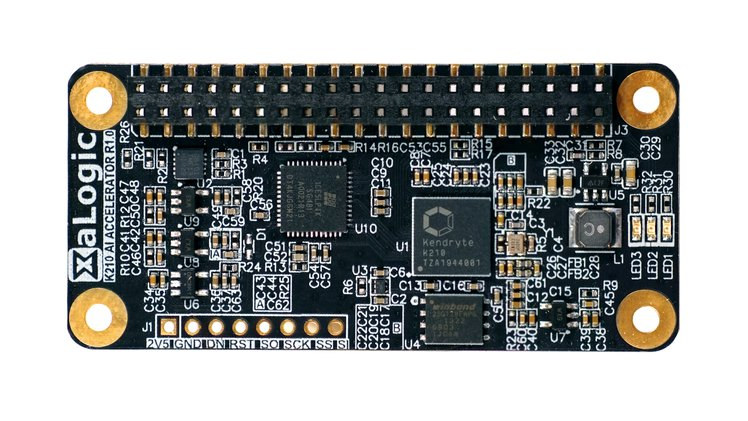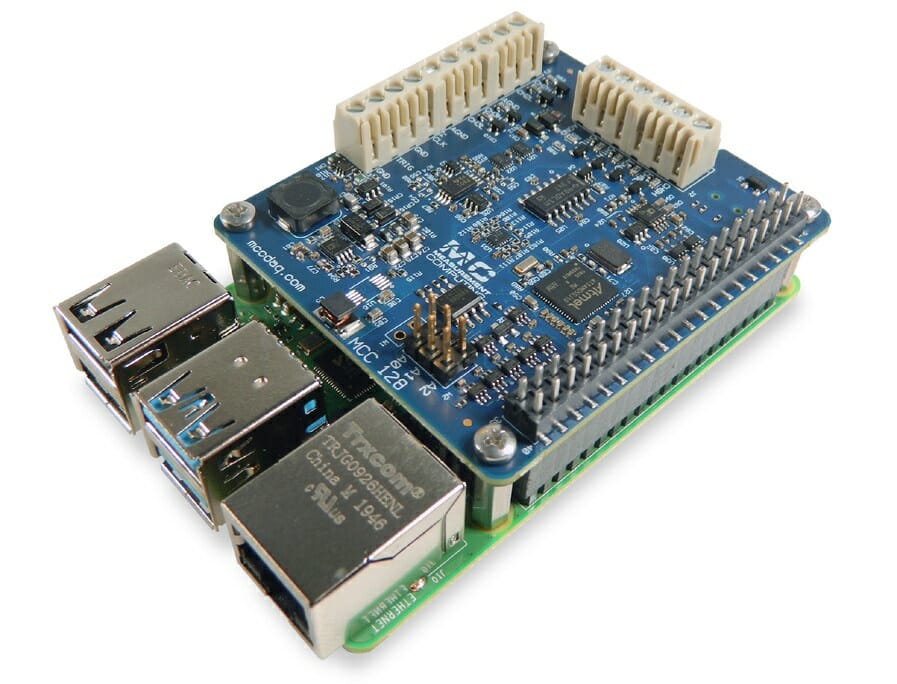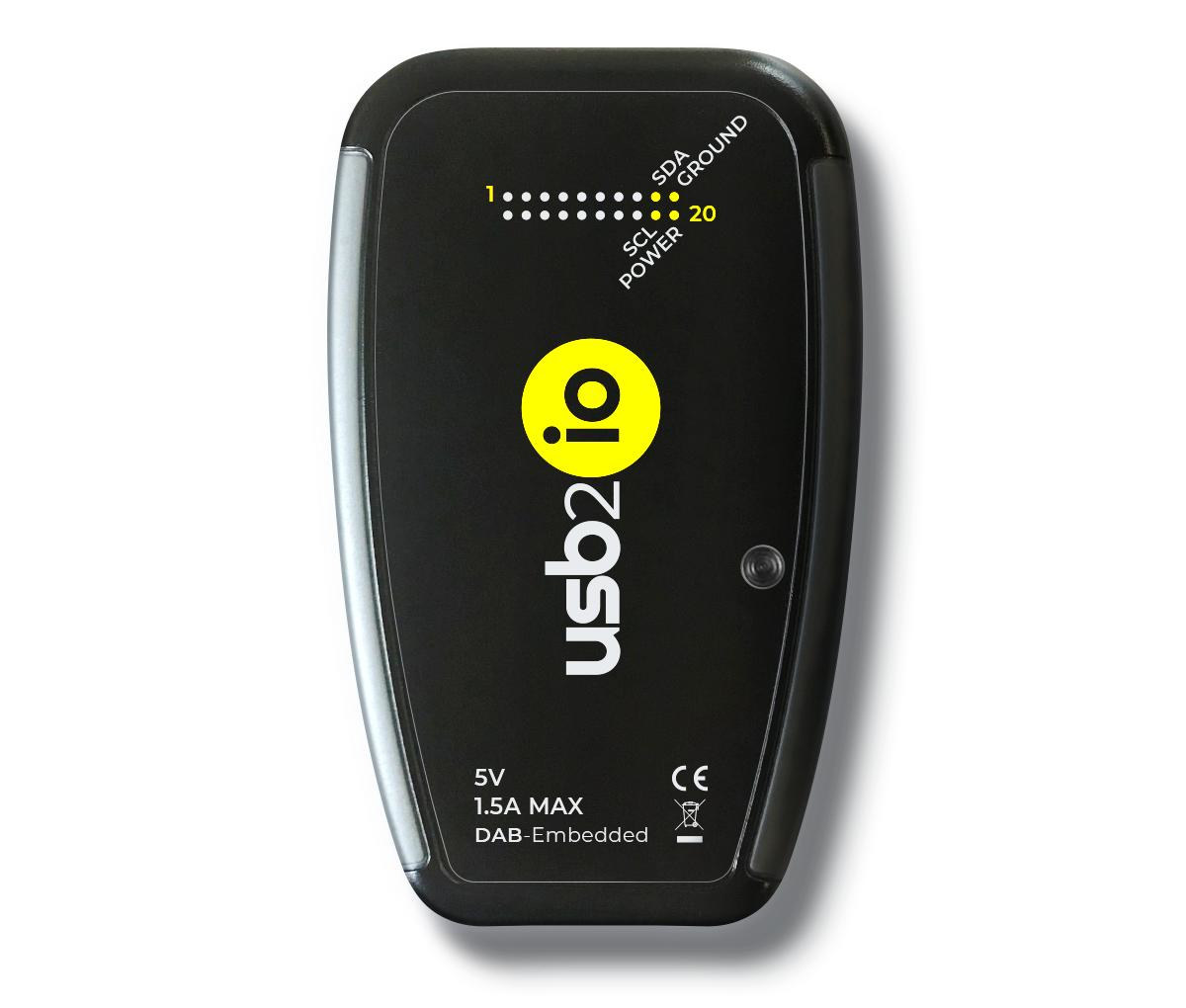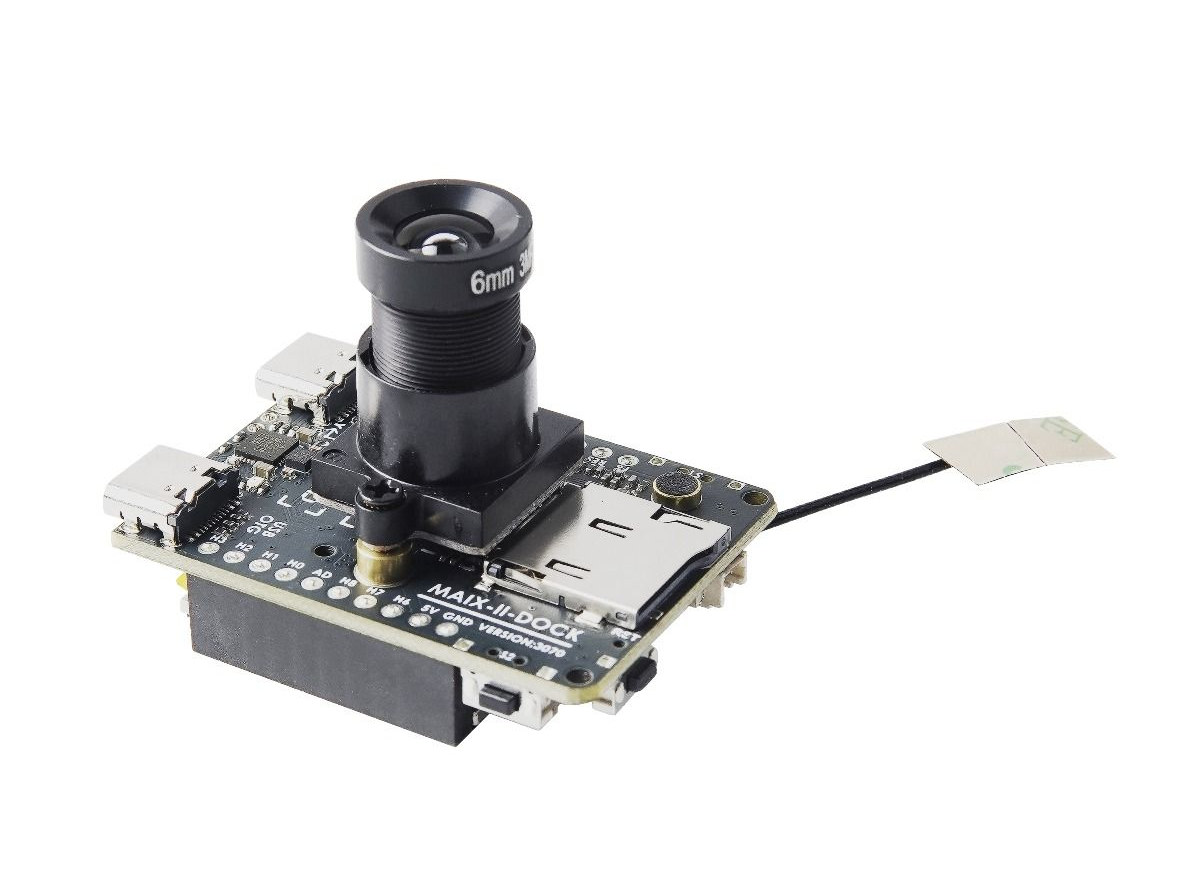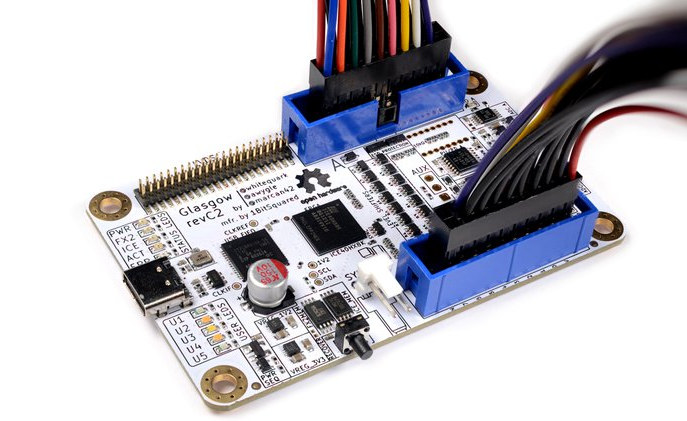Elecrow develops and manufactures electronics products for the maker market, and in recent years entered the STEM education market with products such as CrowPi2 Raspberry Pi 4 education laptop that I reviewed last year. The laptop integrates plenty of electronics modules, and students can learn Scratch visual programming as well as Python programming with the educational software running on the laptop. The company has now launched Crowbits magnetic electronic blocks for STEM education, and compatible with Arduino, ESP32, Raspberry Pi, and Micro:bit boards. There are over 80 programmable electronic magnetic modules and Lego bricks, with three different sizes ( large, middle, and small modules) of different colors with blue used for power control and logic control, green for output, yellow for input, and orange for advanced programming. Out of the 80+ modules, around 30 can be used without programming at all. Elecrow provides 5 kits to let users learn basic […]
AmpliPi – A Raspberry Pi-based whole house audio amplifier (Crowdfunding)
Micro Nova has put together an open-source, whole-house audio amplifier called AmpliPi based on Raspberry Pi Compute Module 3+. It is capable of streaming four independent sources to 6 stereo output zones, expandable to up to 36 stereo output zones through daisy-chained extender units. AmpliPi specifically supports inputs from four networking streaming sources including AirPlay, Pandora, Spotify, and DLNA, as well as four analog RCA inputs for your media appliances. AmpliPi key components and features: Controller Board Carrier board fitted with Raspberry Pi Compute Module 3+ and PCM5102A & CM6206 audio DACs. It also communicates over I2C with the STM32 MCU on the Preamp board (see below) to control the muxing and amplification systems. Interfaces 10/100M Ethernet port HDMI 1.4 output 2x USB 2.0 ports, plus one internal USB port Service and console ports for maintenance and/or debugging. Preamp Board Board equipped with a 6×4 audio matrix switching system and […]
K210 AI Accelerator Raspberry Pi pHAT targets secure AIoT projects (Crowdfunding)
Kendryte K210 is a dual-core RISC-V AI processor that was launched in 2018 and found in several smart audio and computer vision solutions. We previously wrote a Getting Started Guide for Grove AI HAT for Raspberry Pi using Arduino and MicroPython, and XaLogic XAPIZ3500 offered an even more compact K210 solution as a Raspberry pi pHAT with Raspberry Pi Zero form factor. The company is now back with another revision of the board called “XaLogic K210 AI accelerator” designed to work with Raspberry Pi Zero and larger boards with the 40-pin connector. K210 AI Accelerator board specifications: SoC – Kendryte K210 dual-core 64-bit RISC-V processor @ 400 MHz with 8MB on-chip RAM, various low-power AI accelerators delivering up to 0.5 TOPS, Host Interface – 40-pin Raspberry Pi header using: SPI @ 40 MHz via Lattice iCE40 FPGA I2C, UART, JTAG, GPIOs signals Security Infineon Trust-M cloud security chip 128-bit AES […]
Voltage Measurement HAT for Raspberry Pi offers 16-bit analog inputs
MCC has launched the MCC 128 voltage measurement DAQ HAT for Raspberry Pi for data acquisition and data logging systems. It includes 8 analog inputs with 16-bit resolution for a range of -10V to +10 V at the data rate of 100 kS/s. This data rate can be increased by stacking up to 8 HATs for 64 channels of data which can produce a faster data rate up to 320 kS/s. The MCC 128 DAQ HAT is compatible with all Raspberry Pi models with the 40-pin GPIO header, excluding the original Pi 1 A or B with the 26-pin header. It is recommended to use the SPI interface for connecting LCD displays using the GPIO header. The configuration parameters of the board are stored in the EEPROM to allow automatic set up of GPIO pins to Raspberry Pi after the connection of the device. Key Features of MCC 128 DAQ […]
USB2IO high-speed interface explorer tool combines Intel Cyclone 10 FPGA and STM32H7 MCU
In the second part of 2020, we’ve seen a fair amount of USB debugging tools for electronics designers and hardware hackers including the Glasgow Interface explorer with an ICE40 FPGA. But if you need even more flexibility or higher I/O speeds (up to 300 MHz), DAB Embedded USB2IO interface explorer should help thanks to the combination of an STMicro STM32H7 MCU and an Intel Cyclone 10 FPGA. USB2IO interface explorer hardware specifications: MCU – STMicro STM32H743 Arm Cortex-M7 @ 480MHz CPU clock An external 64MB QSPI flash for extra FPGA code storage; FPGA – Intel Cyclone 10LP (10CL040) with 40k logic elements, 1,134 Mbit embedded memory, 126 DSP blocks External memory – 32MB SDRAM for MCU and FPGA (64MB in total) Storage – 64MB QSPI for connected to MCU for FPGA code storage I/Os via 20-pin external header/connector 16 x GPIO mode (single-ended), 8x LVDS pair mode or a mix […]
Sipeed MAIX-II Dock is an Allwinner V831 powered AIoT vision devkit
Sipeed introduced MAIX development boards powered by Kendryte K210 dual-core RISCV processor with AI accelerators in 2018, and we tested the Maixduino and Grove AI HAT based on the solution using Arduino and Micropython the following year. It works fine for audio and video project requiring AI acceleration at low power, but performance (resolution/fps) is limited. So if you’d like a bit more oomph for your audio & vision AI projects, as well as proper Linux support, Sipeed has just launched MAIX-II Dock powered by Allwinner V831 Cortex-A7 AI camera SoC clocked at up to 800-1000 MHz and 64MB on-chip DDR2 RAM, as well as a Full HD camera and a small display.MAIX-II Dock specifications: MAIX-II core module SoC – Allwinner V831 single-core Cortex-A7 processor clocked at 800-1000 MHz with 0.2TOPS AI accelerator, H.264/H.265/JPEG video encoder up to 1080p30 System Memory – 64MB DDR2 in package (SiP) Storage – Optional […]
Glasgow Interface Explorer is an iCE40 FPGA based hardware debugging tool (crowdfunding)
We’ve seen some pretty interesting boards for hardware hackers and reverse engineers in recent months with the likes of Ollie and Tigard USB debug boards that allow interfacing various hardware interfaces and/or flashing firmware to different types of target boards. Here’s another one: Glasgow Interface Explorer. Based on Lattice Semi iCE40 FPGA, the board is described as being “designed for hardware designers, reverse engineers, digital archivists, electronics hobbyists, and anyone else who wants to communicate with a wide selection of digital devices with minimum hassle”. Glasgow Interface Explorer specifications: FPGA – Lattice Semiconductor iCE40HX8K FPGA USB – 1x USB-C port connected to FX2 high-speed USB interface capable of 480 Mbps throughput I/O headers 2x 8-channel I/O banks with 16 highly flexible I/O Each I/O bank comes with A dedicated programmable linear voltage regulator, configurable from 1.8 V to 5 V and providing up to 150 mA of power A dedicated […]
Picovoice supports custom wake word, offline voice recognition on Raspberry Pi
ReSpeaker 4-mic array is a Raspberry Pi HAT with four microphones that can work with services such as Google Assistant or Amazon Echo. It was launched in 2017. So nothing new on the hardware front. What’s new is the expansion board is now supported by Picovoice that works much like other voice assistants except it allows people to create custom wake words and offline voice recognition. Picovoice is described as an end-to-end platform for building customized voice products with processing running entirely on-device. It is cross-platform, is said to be more resilient to noise and reverberation, and thanks to running offline, it offers low-latency and complies with HIPAA and GDPR privacy regulations. The platform is comprised of two main engines: Porcupine lightweight wake word engine that supports custom wake words trained through PicoVoice console. The engine can listen to multiple wake words and is cross-platform with support for Raspberry Pi, […]



